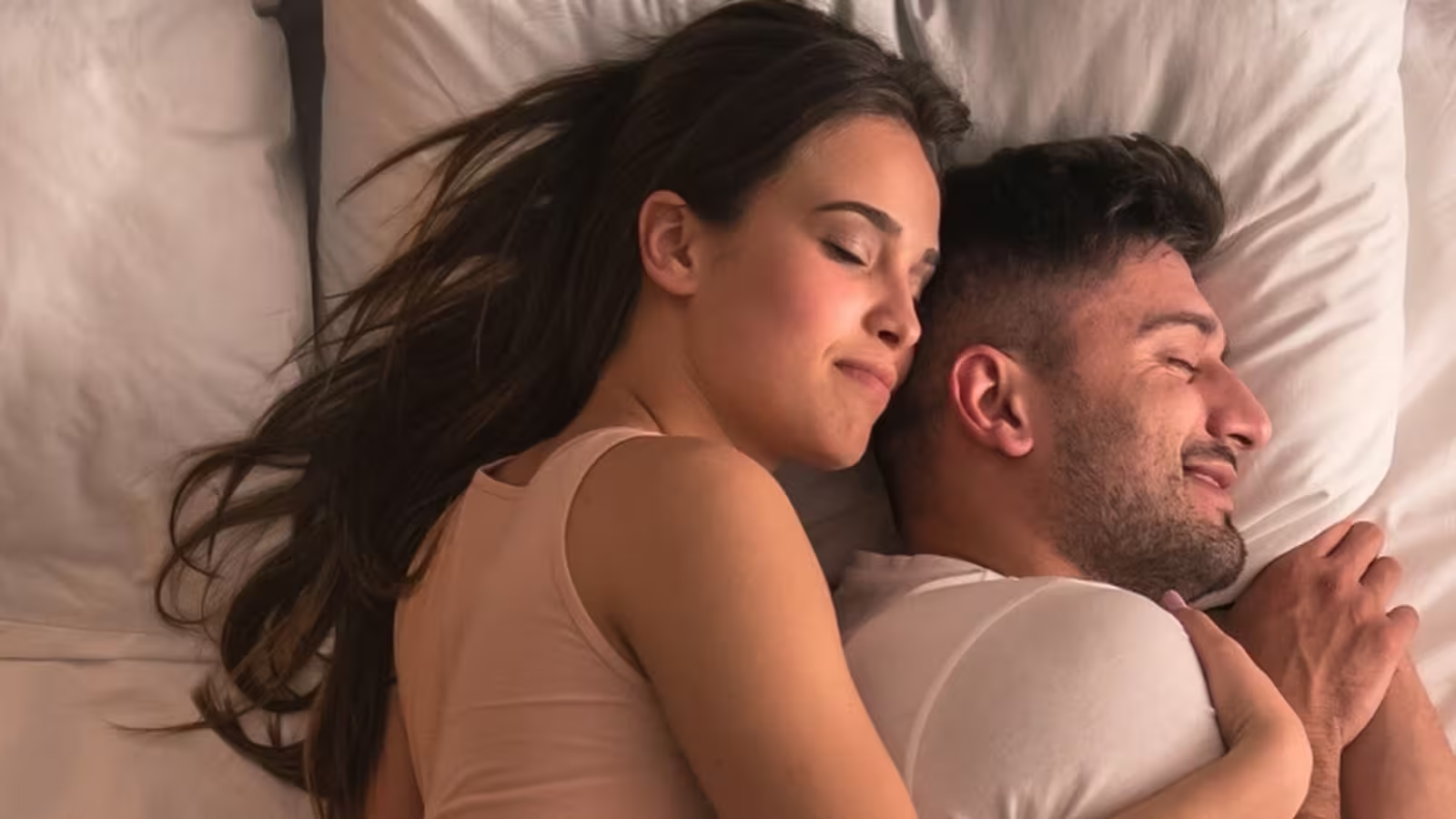3 Minutes
Scientific Evidence Backs Up Role of Sexual Activity in Enhancing Sleep
Recent scientific research provides fresh insight into how sexual activity before bedtime can have a positive impact on sleep quality. While anecdotal observations have long hinted at this connection, researchers from Central Queensland University and Flinders University in Australia have now offered objective evidence supporting this phenomenon.
Study Design and Objective Sleep Monitoring
In this sleep science experiment, seven heterosexual couples were closely monitored over 11 consecutive nights. Each night, the couples alternated among three scenarios: engaging in sexual activity with a partner, solo masturbation, or abstaining from any sexual interaction. Importantly, their sleep was not just evaluated via self-reported surveys; participants wore polysomnography headsets, a clinical tool commonly used in sleep research, which measured brain activity, body movement, and breathing patterns throughout the night.

Key Findings: Efficiency and Daytime Motivation
The results revealed that on nights involving some form of sexual activity, participants tended to go to bed up to 30 minutes later than on abstinent nights. However, this delayed bedtime was balanced by an improvement in sleep efficiency—participants spent less time awake and enjoyed a higher quality of sleep overall. These improvements were consistently detected by the objective recording equipment, thereby minimizing the possibility of bias.
Beyond physiological sleep measures, participants reported feeling more prepared and motivated the following day. On a standardized 100-point scale, motivation scores rose by up to 5 points after solo sexual activity, and by 11 points following partnered sex.
Limitations and Recommendations for Future Research
While the study yielded compelling observations, the researchers, led by sleep and sports scientist Dr. Michele Lastella, note that the small sample size may limit the generalizability of these findings. Additionally, the requirement for participants to wear monitoring headsets and use smartphone apps immediately after sexual activity might have influenced their subjective experience of post-activity relaxation. Lastella's team suggests that future research should include a broader demographic—including individuals with diverse sexual orientations, a variety of age groups, and those affected by sleep disorders—to fully explore the scope of these benefits.
Conclusion
This pioneering study contributes to our understanding of the links between sexual activity and sleep quality. As modern lifestyles challenge healthy sleep patterns, such research offers valuable insights into natural, non-pharmacological ways to enhance sleep and daytime well-being. As the field evolves, larger and more diverse studies could solidify our knowledge and potentially inform behavioral recommendations for improved sleep health.
The research was published in the journal Sleep Health.


Comments